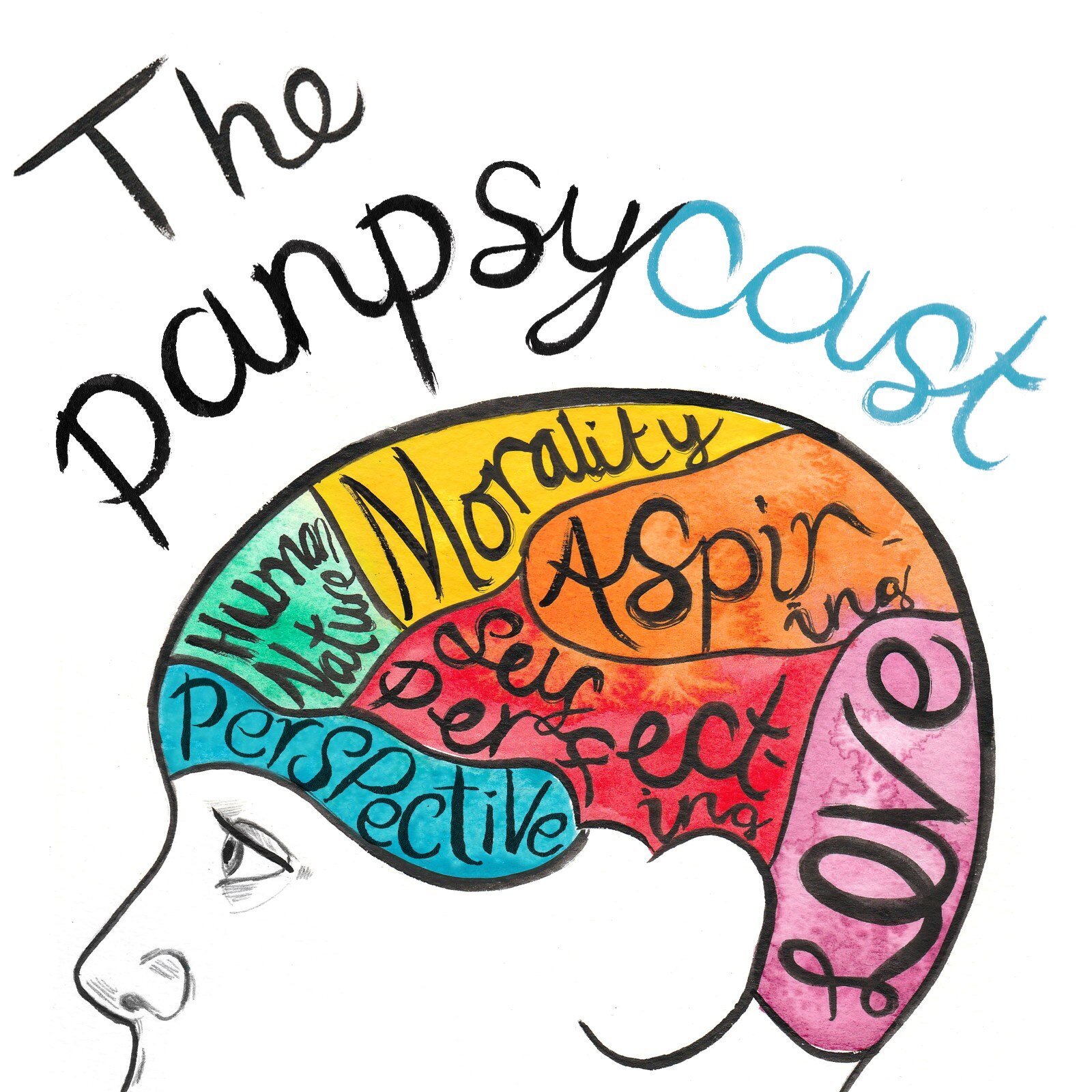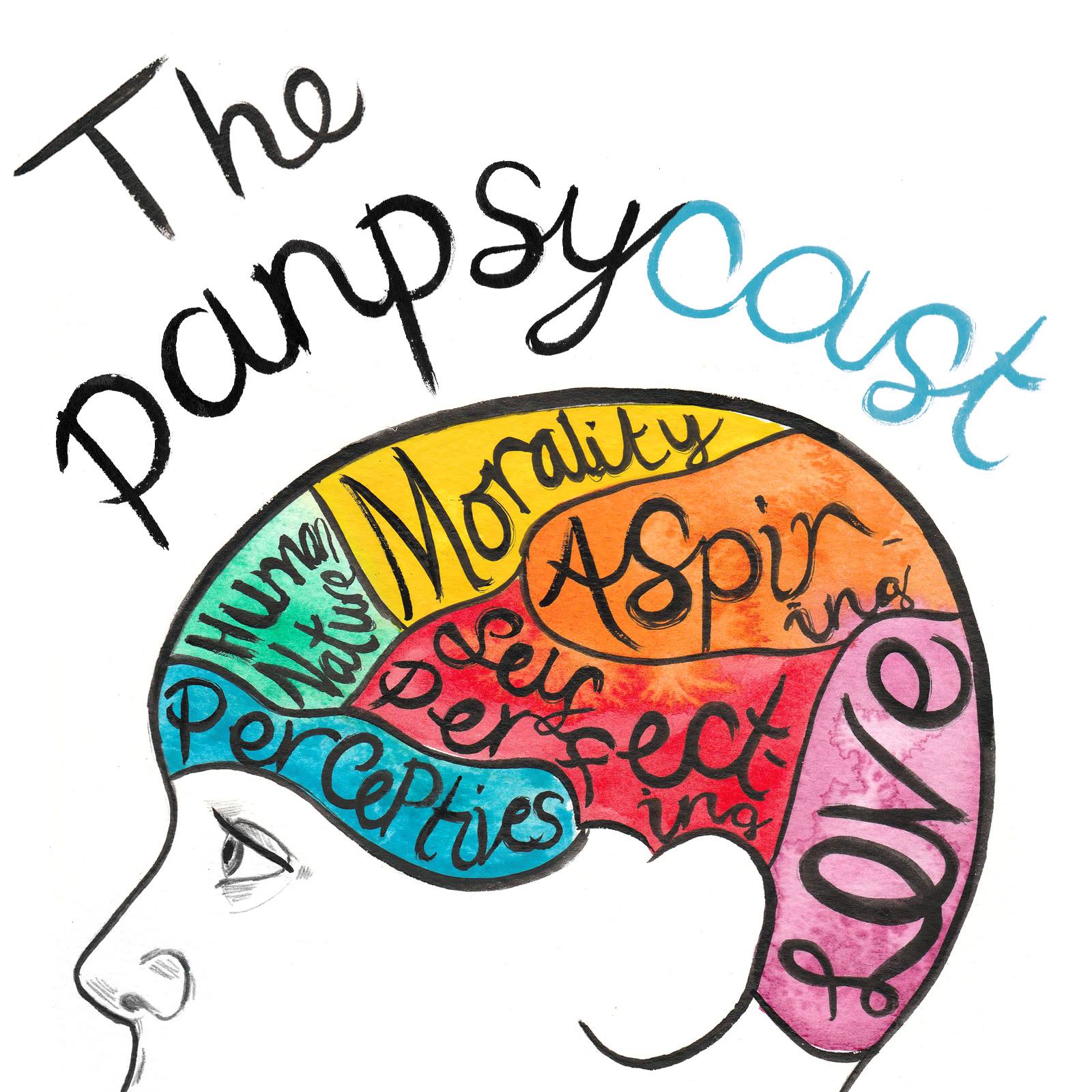Welcome to 'Episode 94 (Part II of II)’, in which we’ll be continuing our discussion of black radicalism with Kehinde Andrews.
Western civilisation is the most successful in history. Built on the shoulders of science, industry and democracy, enlightenment philosophy gave birth to the scientific revolution that has increased the quality of life for millions. The Western political drive for democracy has given rise to the largest political representation of people in history, and supranational bodies like the United Nations ensure that inequality and injustice are a thing of the past. Shortly, a Green New Deal and universal basic income will solve the remaining of society’s problems.
For Kehinde Andrews, Professor of Black Studies at Birmingham City University, nothing could be further from the truth. In his eyes, Western civilisation is built not on Enlightenment ideals, but on the shoulders of genocide, slavery and colonialism. Since 1492, when Columbus sailed the ocean blue, the West has systematically murdered, exploited, and hoarded the wealth of black and brown nations.
Unfortunately, this is not a thing of the past. Today we live not only with the legacy of Empire, but firmly within it! The age of Empire is alive and well, and its colonial, racist, white supremacist logic shapes every part of our lives today. Although the prospects look bleak, a revolution is possible. As Andrews says, Malcolm X was right: ‘the ballot or the bullet, liberty or death, freedom for everybody or freedom for nobody’.
The file size is large, please be patient whilst the podcast buffers/downloads/calls for revolutionContents
Part I. The Logic of Empire
Part II. Further Analysis and Discussion









